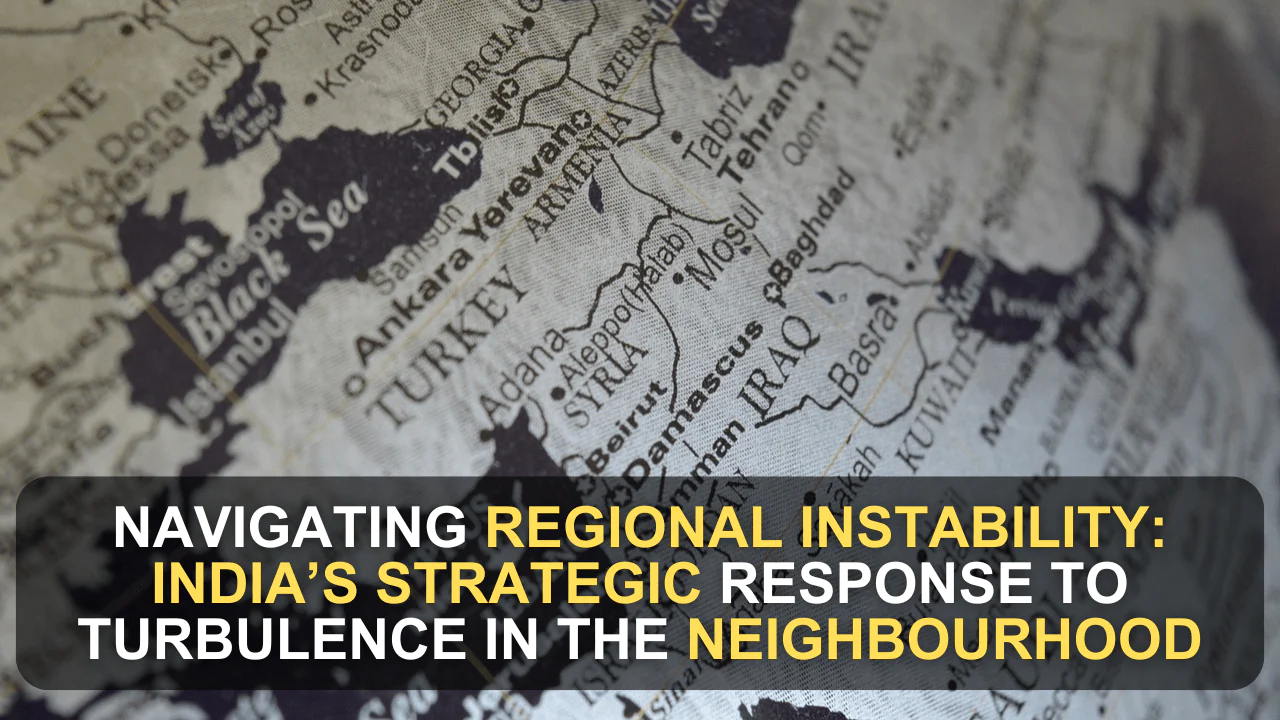Introduction
While political instability is undesirable anywhere, Thailand’s recent political disturbances are but one of several problematic events in India’s vicinity in a changing world. The election of Thailand’s youngest Prime Minister; 37 years, Paetongtarn Shinawatra in power after the ouster of Srettha Thavisin by the constitutional court shows that the region has no known political stability. This paper discusses these implications for India especially in the situation that continues turmoil in Bangladesh, Myanmar, and Sri Lanka.
Table of Contents
Thailand’s Political Turbulence
Thai politics has been characterised by a great deal of uncertainty in the past sometimes largely due to the country’s conservative monarchical militaristic tendency. The choice of Ms. Paetongtarn, the fourth Shinawatra’s daughter, is a continuity of a tradition that was established by the former Thai Prime Minister Thaksin Shinawatra. But the obstacles she is confronted with are as follows. All her predecessors, including her father, were usurped from power either by coup or the courts.
Ms. Paetongtarn’s successful bid for the premiership further emerged after the ouster of Mr. Srettha Thavisin who was averse to ethical standards after appointing a cabinet Minister who had attempted to bribe a judge. Such a decision reflects Old Thailand, where such staffers’s removals were common. Ms. Paetongtarn can hardly implement real reforms even as the prime minister since she has little actual political experience and her father, who finally came back from the UAE after a deal with the forces of the regime, wields enormous power.
Instability in the Region and the Indian Strategic Imperative
Thai politics’ turbulence emerges when India’s neighbourhood is tested in every scenario in front of the country. In Bangladesh, the dismissal of Sheikh Hasina feels the country with uncertainty and that has potential threats to India’s strategic concerns. At the same time, increasing armed conflict between the militants and Myanmar’s military authorities poses a risk to Indian investments and stability in the northeastern region of the country.
Sri Lanka is also on the verge of presidential elections, hence making the political situation in the region even more complicated. Altogether these make the situation grim for India, particularly ahead of the the BIMSTEC summit to be hosted in Bangkok on September 4. Since its goal is to set the last points of cooperation in the sphere of electronic payments, telecommunications, and maritime relations, the summit may be undermined by current events.
India’s Strategic Response
Although the case of Ms Paetongtarn’s election seems to provide short-term political stability in Thailand, India should be cautious in its approach. Indeed, there is no solidarity in this area: the local countries are characterized by an ongoing instability that requires a constantly strengthened and developed foreign policy. India’s tactical approach is going to be to solidify relations, protect its investments, and plan for the emergence of crises that can be a result of the instabilities in the neighbourhood’s political climate.
Conclusion
The recent election of Paetongtarn Shinawatra as the Prime Minister of Thailand is just a reminder that the political stability within India’s neighbourhood is still very precarious. Given the current situation in the region: conflict in Thailand, migration crisis in Bangladesh, military coup in Myanmar and economic crisis in Sri Lanka, India has to be ready to face these problems. Thus, it is important for India to consistently engage in a proactive policy and strengthen the regional partnerships that would allow it to minimize the dangerous effects of contemporary upheavals and protect its vital interests.




